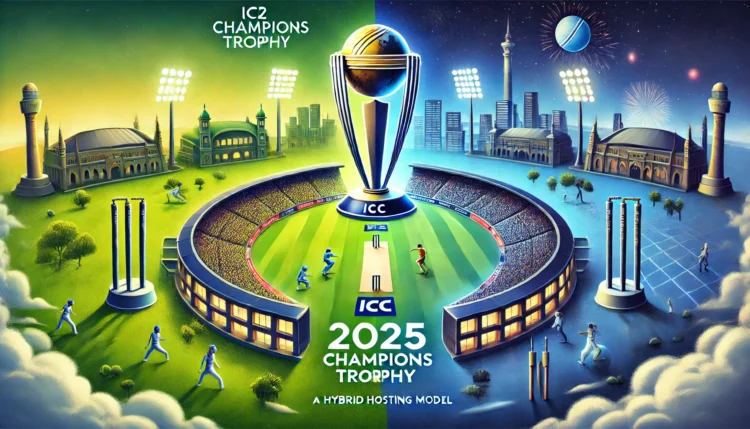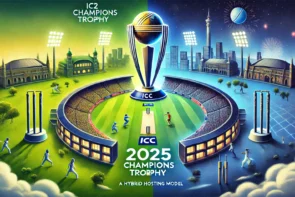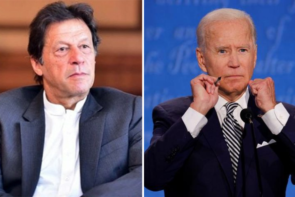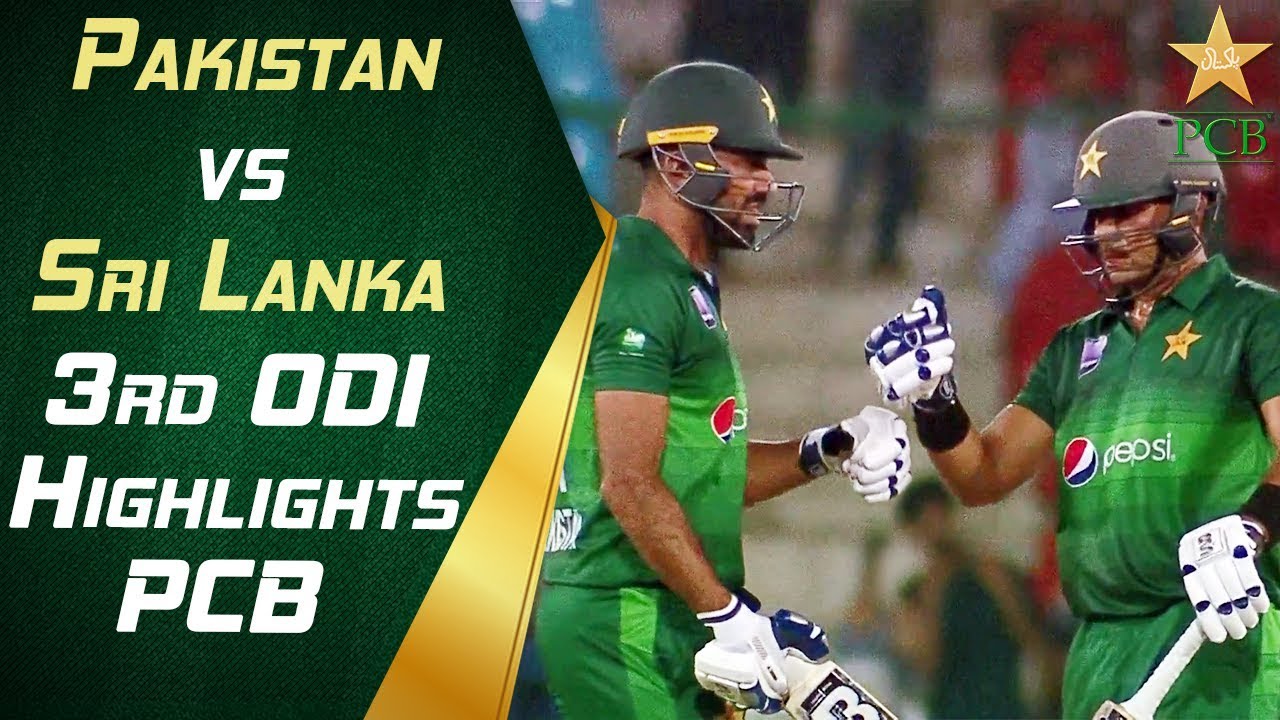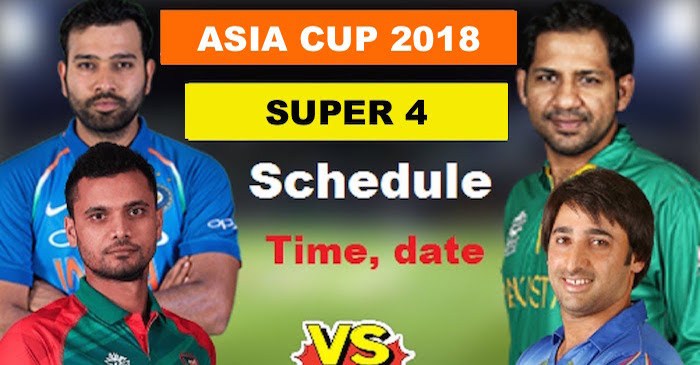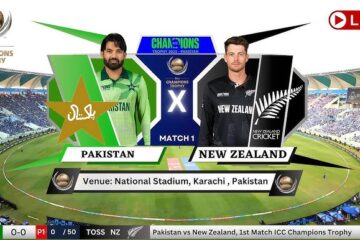The long-standing controversy surrounding the 2025 ICC Champions Trophy has seemingly reached a resolution, with reports indicating that the International Cricket Council (ICC) has given its approval for a “hybrid model” proposed by Pakistan. This model comes in response to India’s refusal to send its team to Pakistan due to security concerns and political tensions. The decision hailed as a diplomatic victory for the Pakistan Cricket Board (PCB), paves the way for a smoother organization of the much-anticipated tournament.
A “Tit-for-Tat” Resolution
The hybrid model reportedly agreed upon ensures Pakistan will host most group-stage matches, except for the high-profile clash between India and Pakistan, which will be held at a neutral venue. Furthermore, the semifinals and final are slated to take place in Dubai, with the caveat that if India is eliminated before the final stage, Lahore and Rawalpindi will host these matches instead. This arrangement reflects a balance between the logistical and geopolitical concerns of both countries.
Key Agreements and Implications
According to Indian media reports, the hybrid model is the result of consensus between the PCB and the Board of Control for Cricket in India (BCCI). The agreement also extends to the 2026 T20 World Cup, wherein Pakistan will not travel to India. Instead, their league-stage clash will occur in Colombo, Sri Lanka. Despite these compromises, it has been reported that the PCB will not receive any financial compensation for the adjusted arrangements. However, Pakistan has secured hosting rights for an ICC Women’s tournament post-2027, a significant milestone in its cricketing portfolio.
Tournament Details
The Champions Trophy 2025 is scheduled from February 19 to March 9, featuring eight teams divided into two groups. The top two teams from each group will proceed to the semifinals, culminating in the final. This format ensures high-stakes cricket, with each match crucial to advancing in the tournament.
Historical Context and Rivalry Dynamics
The ICC’s decision underscores the significance of the India-Pakistan cricket rivalry, which has consistently drawn record-breaking viewership and revenue. For instance, the India-Pakistan match at the 2023 World Cup garnered 173 million TV viewers and 225 million digital viewers, while the 2021 T20 World Cup clash saw 167 million viewers and 15.9 billion minutes of engagement in India alone.
The two cricketing giants have not engaged in a bilateral series since Pakistan’s tour of India in 2012-13, limiting their face-offs to ICC events. Pakistan’s previous hybrid hosting model during the 2023 Asia Cup—where India’s matches were played in Sri Lanka—set the stage for similar compromises.
Challenges and Opportunities
India’s reluctance to play in Pakistan, citing security concerns, has created logistical hurdles, yet it highlights the potential for innovative solutions like the hybrid model. This arrangement ensures the tournament’s success while addressing the sensitivities of both nations. However, critics argue that the PCB’s inability to secure financial compensation may impact its standing in global cricket diplomacy.
Looking Ahead
Pakistan’s hosting of the Champions Trophy marks a return of ICC events to the country since the 1996 World Cup, a joint effort with India and Sri Lanka. This development signifies progress for Pakistan’s cricketing landscape, opening doors for future international events despite ongoing challenges.
With the ICC ensuring India-Pakistan encounters in every global tournament, the Champions Trophy 2025 promises to be another monumental event, uniting cricket fans worldwide while showcasing the sport’s power to bridge divides. As the countdown begins, stakeholders will closely watch how this hybrid model unfolds, potentially setting a precedent for resolving similar conflicts in international cricket.

